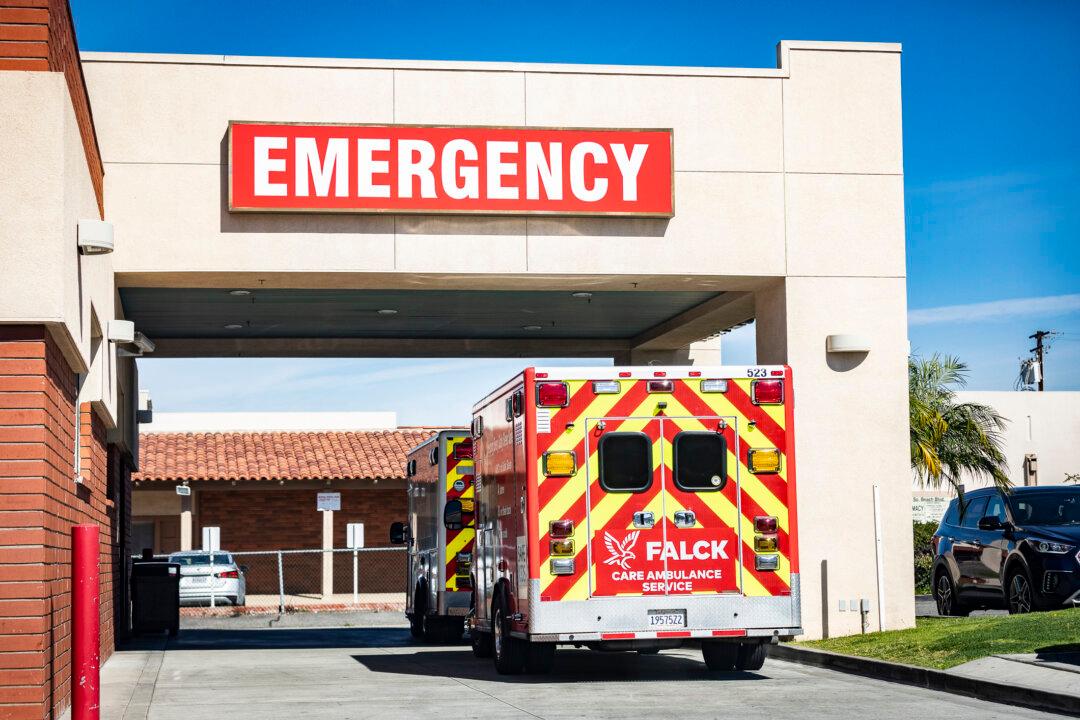A seemingly small procedural court change made by the Civil Procedural Rules Committee of the Pennsylvania Supreme Court is expected to have devastating consequences for public health in the state, according to health care advocates, but medical malpractice plaintiff attorneys are celebrating the change.
In August, the court reversed its own 20-year rule banning “venue shopping” in medical malpractice cases.





